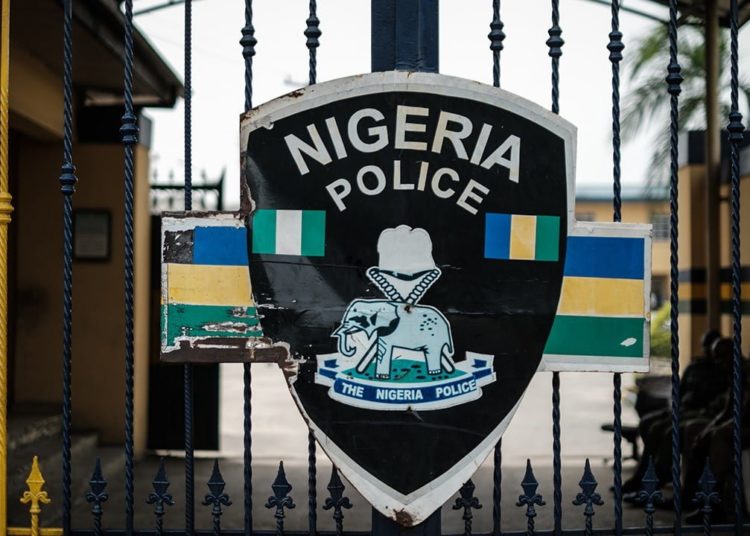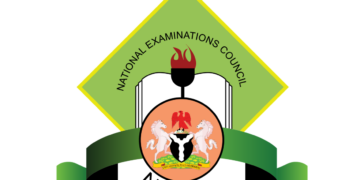The Inspector General of Police, Ag. IGP Kayode Egbetokun is collaborating with the United Nations Office on Drugs and Crime (UNODC), to establish Complaint Response Unit (CRU) offices in Enugu, Kano, and Rivers states and the expansion of the Lagos CRU office, ultimately making justice and accountability more accessible to the public.
The Force PRO, ACP Olumuyiwa Adejobi in a statement yesterday, said with the generous support and collaboration of the United Nations, the IGP is taking a significant step towards decentralising and expanding CRU’s presence across the country in line with the provisions of Section 131 of the Police Act 2020.
“This expansion is a vital part of the IGP’s commitment to fostering a more transparent, accountable, and responsive policing system, and aligning with international best practices by significantly reducing the barriers faced by citizens when reporting issues, and will also expedite the resolution process.
“Consequently, the project would involve an outreach programme whose primary objective is to develop effective strategies and modalities that will facilitate the expansion of CRU services to under-served rural communities and individuals with limited access.
“To achieve this, interactive Town Hall meetings in each of the four states which will bring together 20 relevant stakeholders from these states, as identified by the respective commands have been scheduled.
“These sessions will provide a platform for open discussions and collaborations aimed at improving community-police relations and service quality. The town hall meetings will hold in Kano State on October 23rd; Lagos on October 25th; Rivers on October 31st; and in Enugu State on November 8th, 2023,” the Force PRO stated.
The Complaints Response Unit has been instrumental in addressing public grievances and concerns related to police misconduct, human rights violations, and other issues in Nigeria.
given his approval for the phased commencement of academic activities at six of the 14 new universities established during the twilight of President Muhammadu Buhari’s administration.
The minister of education, Tahir Mamman, disclosed this to State House correspondents yesterday following a closed-door meeting with President Tinubu at the Presidential Villa.
According to him, the initial phase will involve the launching of two universities in the fields of agriculture, two as Colleges of Education, and two focusing on the field of medicine.
He said, “There are very many, probably about a dozen of them, if not more than a dozen or 14, that’s the number and you know tertiary institutions are highly capital intensive, they need a lot of money, especially at that take-off stage, for infrastructure, staff recruitment and all other needs.
“So, by the time you want to start about 12, 14 institutions at once, is a very heavy burden on the finances of the government, so that’s why.”
He said the government would consider reassessing whether to proceed with other institutions, however, a significant number of them are specialized in nature, such as colleges of education, agriculture, and medicine.
The minister affirmed that these institutions are strategically aligned with the key mandates and priorities of President Tinubu’s administration.
Some of the Universities established during the period are David Nweze Umahi Federal University of Medical Sciences, Uburu, Federal University of Transport Daura, Katsina, Shehu Shagari University of Education, Sokoto, Admiralty University Ibusa, Delta State.
The minister mentioned that the president also approved the completion of the National Library which has been projected to be completed in 21 months as the nation’s depository.











